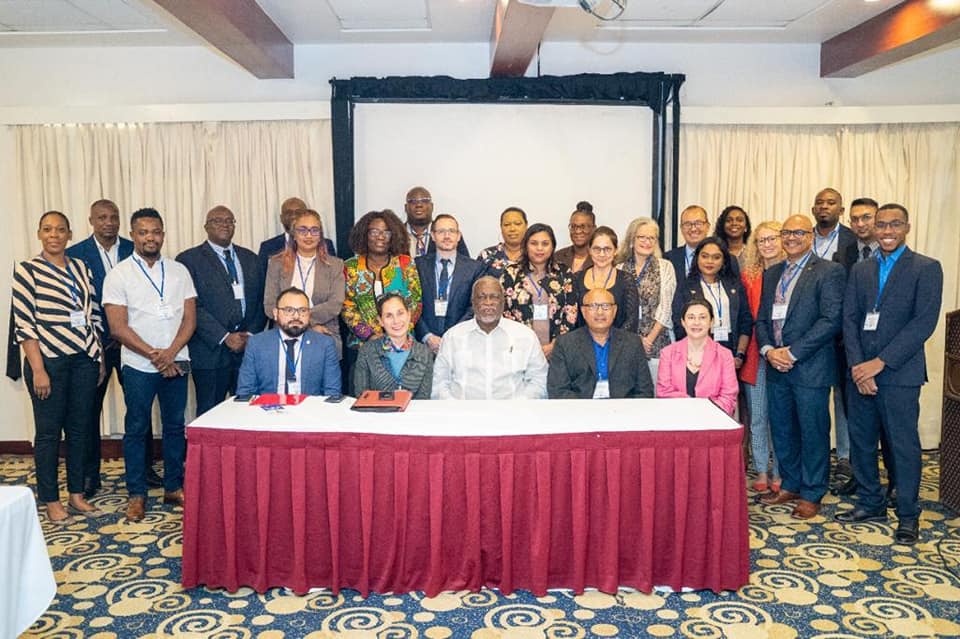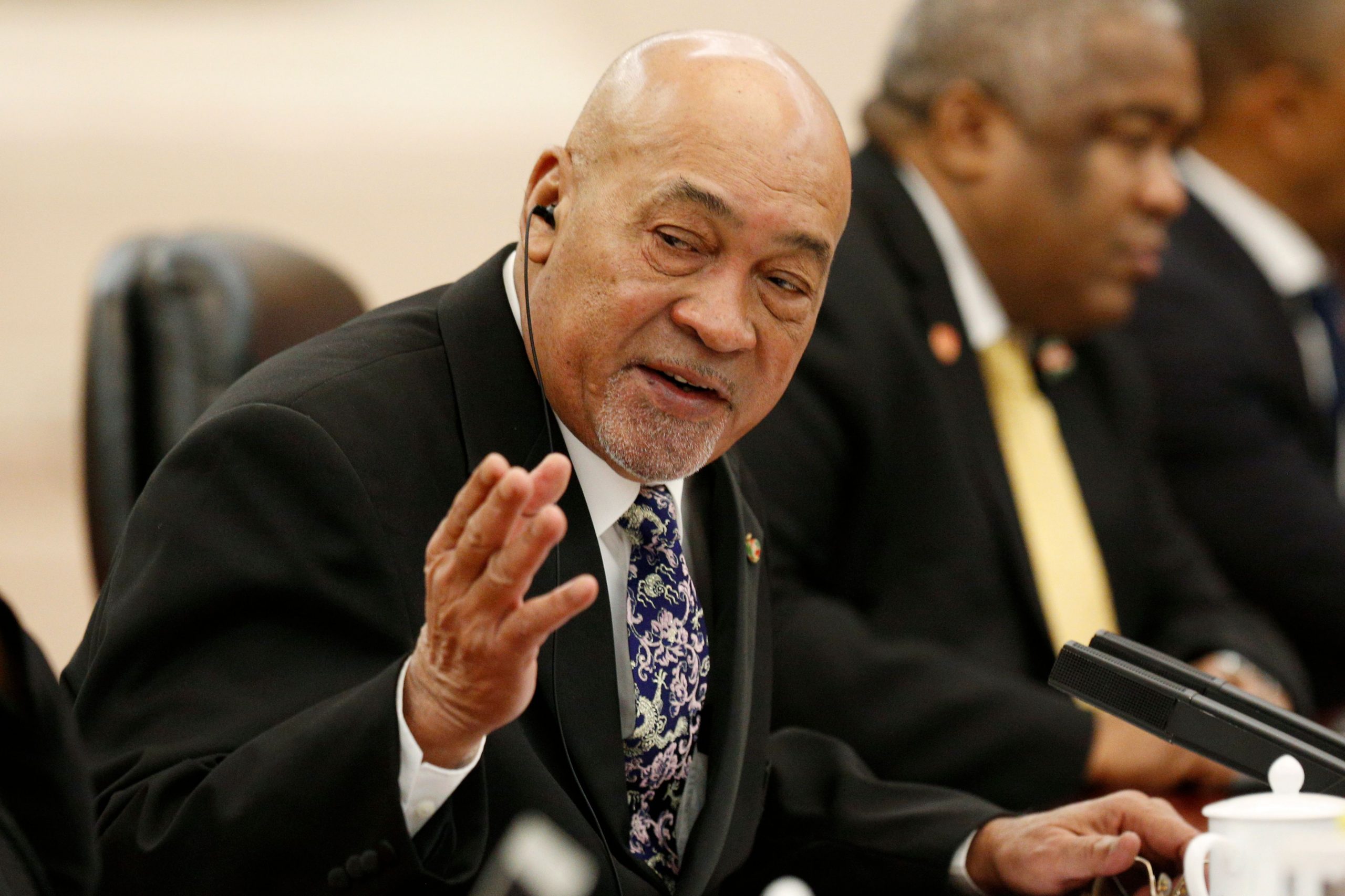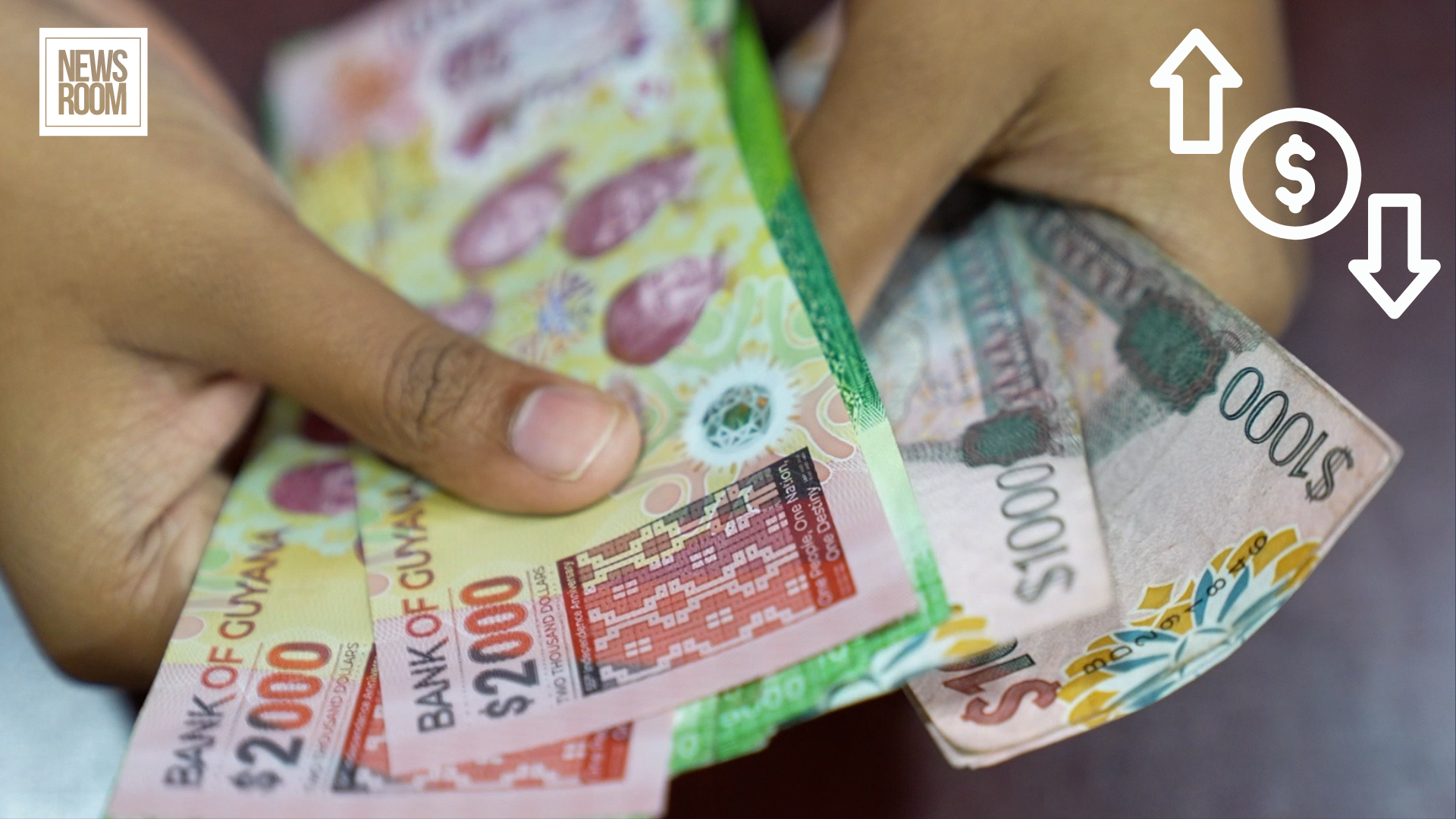The Government of Guyana is committed to improving multi-hazard early warning systems which will allow the country to take timely action to reduce disaster risk, Prime Minister, Brigadier (Ret’d) Mark Phillips has assured.
Phillips was at the time speaking at the opening of the Regional Consultations on Improving Multi-Hazard Early Warning Systems (MHEWS) Governance with National Disaster Risk Management Offices in the Caribbean at the Herdmanston Lodge, Georgetown on Thursday.
The two-day workshop aimed at revising existing governance mechanisms in the Caribbean region to identify good practices and recommendations to monitor and manage multi-hazard early warning systems.

Guyana’s vulnerability to multi-hazard, specifically floods and drought has been further exacerbated by climate change, making the development of early warning systems specifically important to the country, Phillips said.
“Early warning saves lives, and if we can forecast and we can warn people at an early time of any upcoming disaster, it can also minimize the damage that people suffer during times of disaster,” he noted.
He noted that the development of multi-hazard early warning systems in Guyana will continue through targeted investments and that revenues from the oil and gas sector will be directed to improving early warning systems.
“The government is committed to ensuring these provisions in our legislation to support Early Warning Systems. Guyana’s efforts at improving Information and Communication Technology will allow us to transition to a better system of what is termed impact-based forecasting,” he noted.
Prime Minister Phillips underscored that the Multi-Hazard Early Warning Systems will be based on sound scientific and technical approaches that are centered around persons most at risk or most vulnerable.
“Guyana’s goal is to have a robust and comprehensive system of hazard monitoring forecasting and prediction risk assessment and preparedness that will enable individuals, communities, our government and the business sector in Guyana to take timely action to reduce disaster risk,” he said.
He said that Guyana’s efforts are aligned with the country’s work programme, its Low Carbon Development Strategy 2030, CDEMA’s Comprehensive Disaster Management Strategy, and the Sendai Framework for Disaster Risk Reduction.
“This consultation is considered important, is considered timely for us, and the outcome of your work today and tomorrow will certainly be incorporated to improve governance as it pertains to disaster risk reduction in Guyana,” he shared.
Representatives from the World Bank, the United Nations Office for Disaster Risk Reduction (UNDRR), the Guyana Civil Defence Commission (CDC), Caribbean Disaster Emergency Management Agency (CDEMA) and the World Meteorological Organisation (WMO) participated in the consultations.












